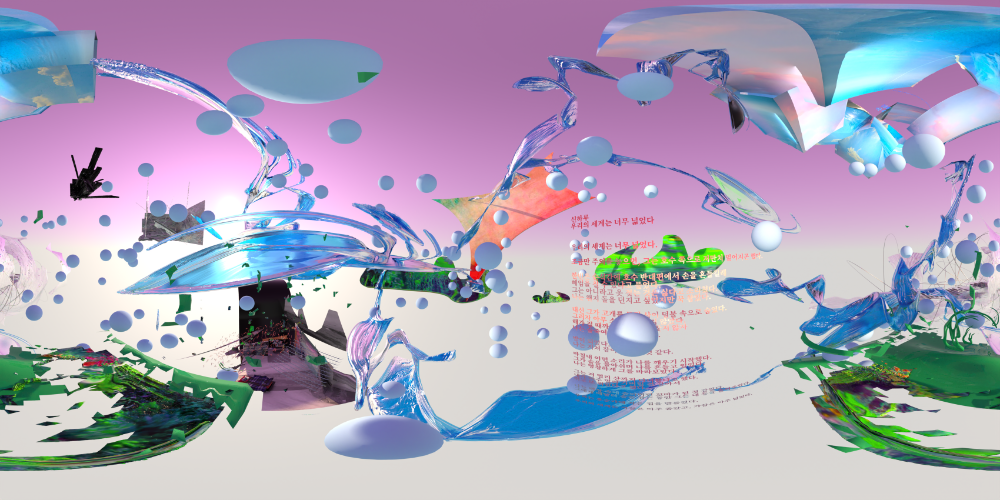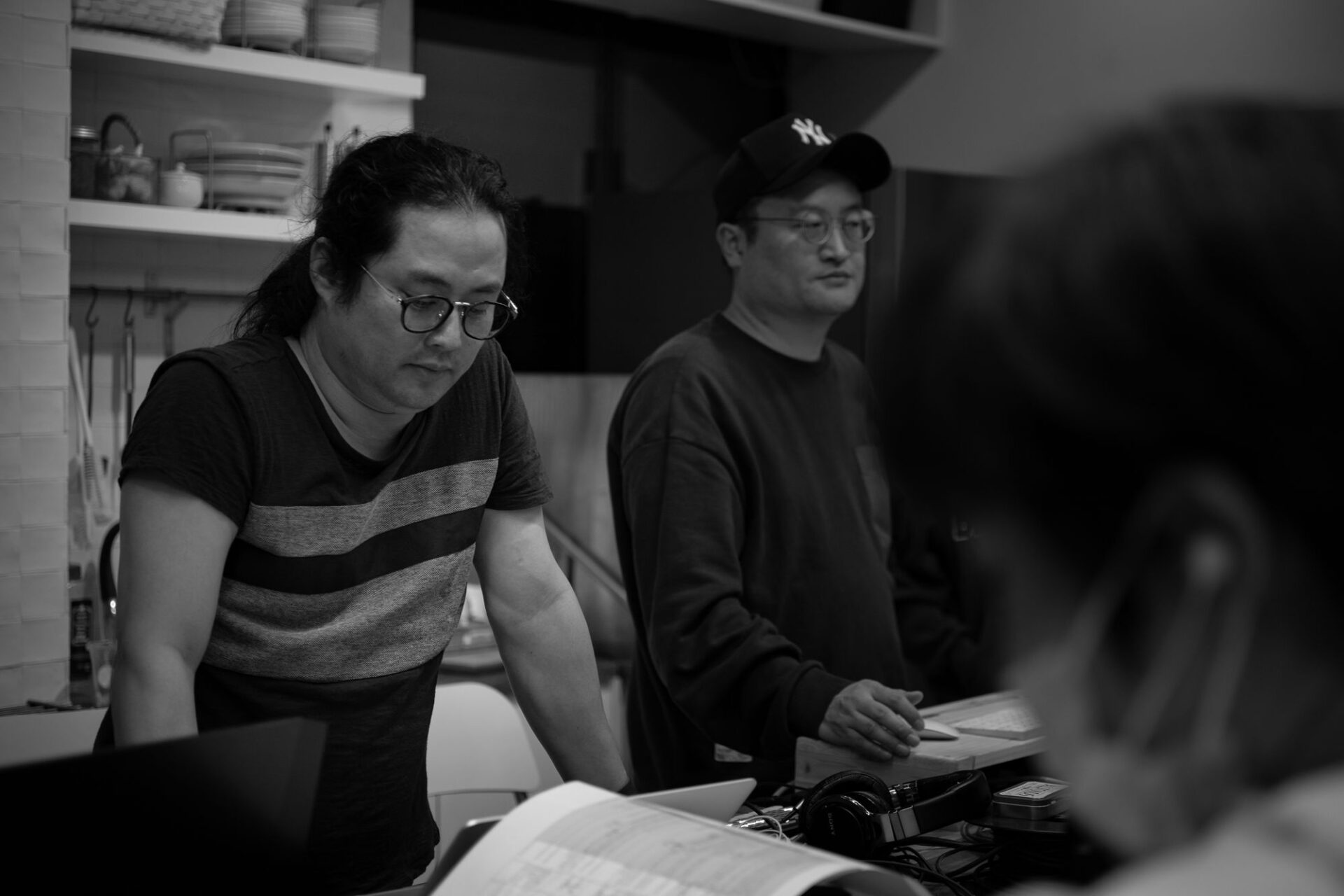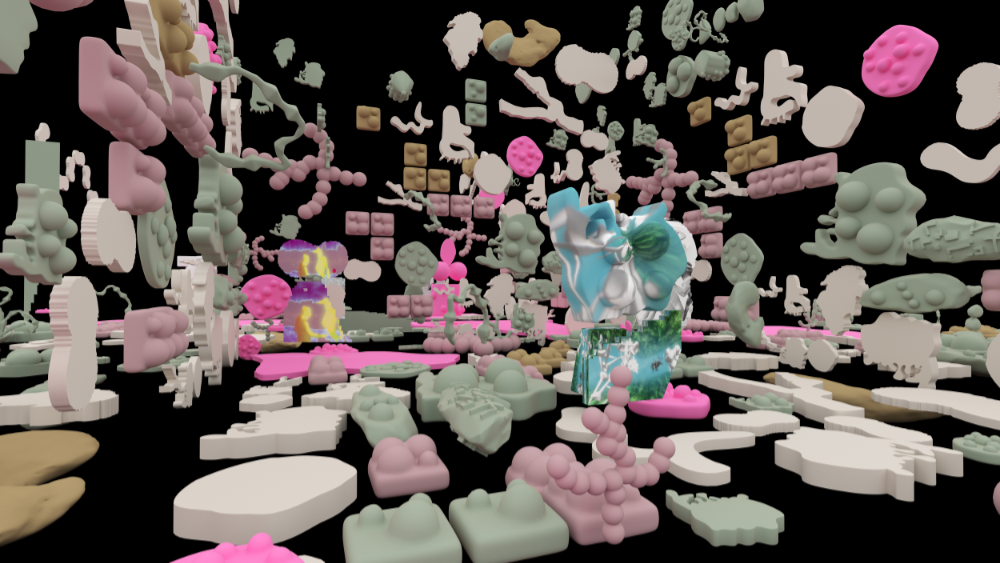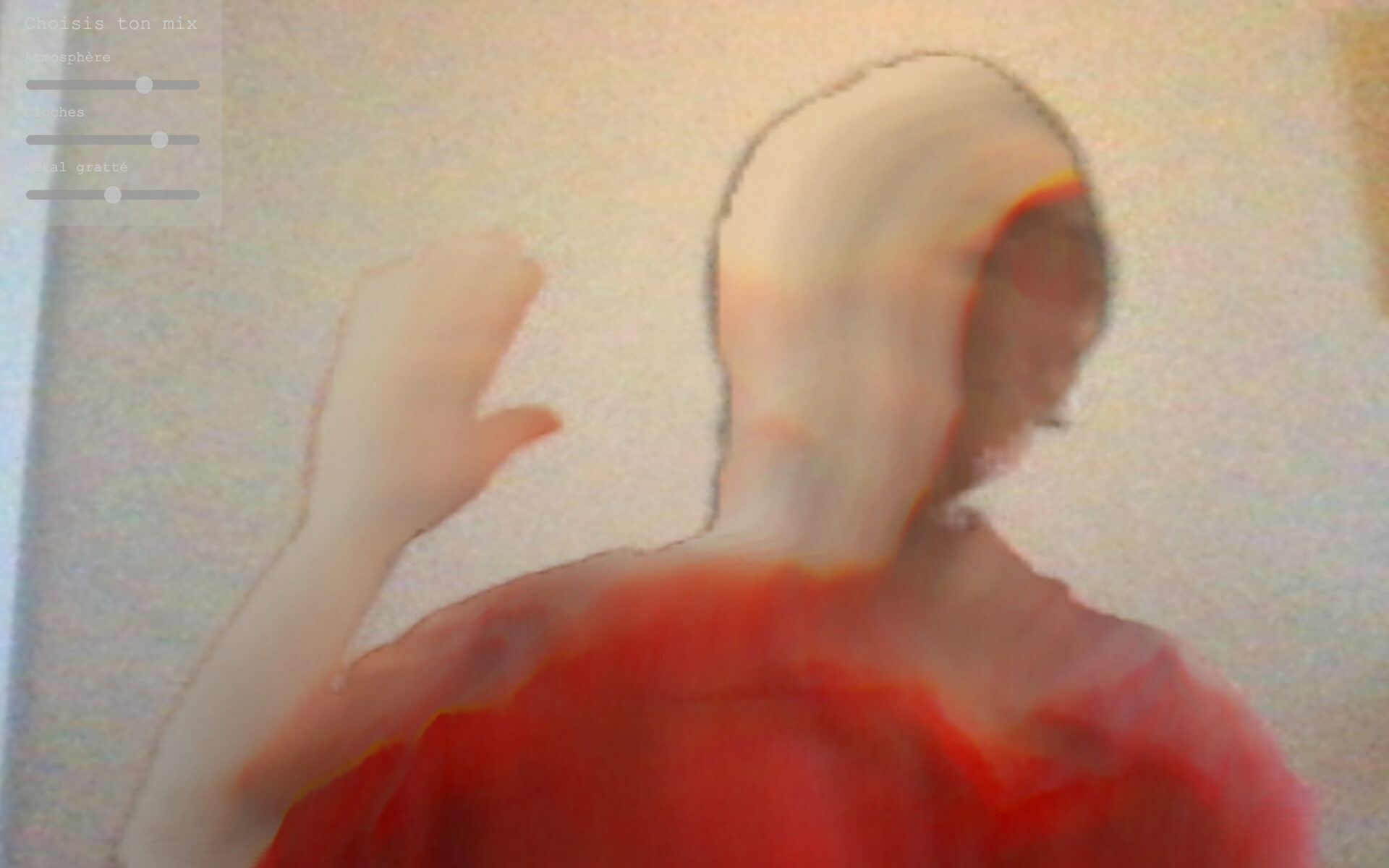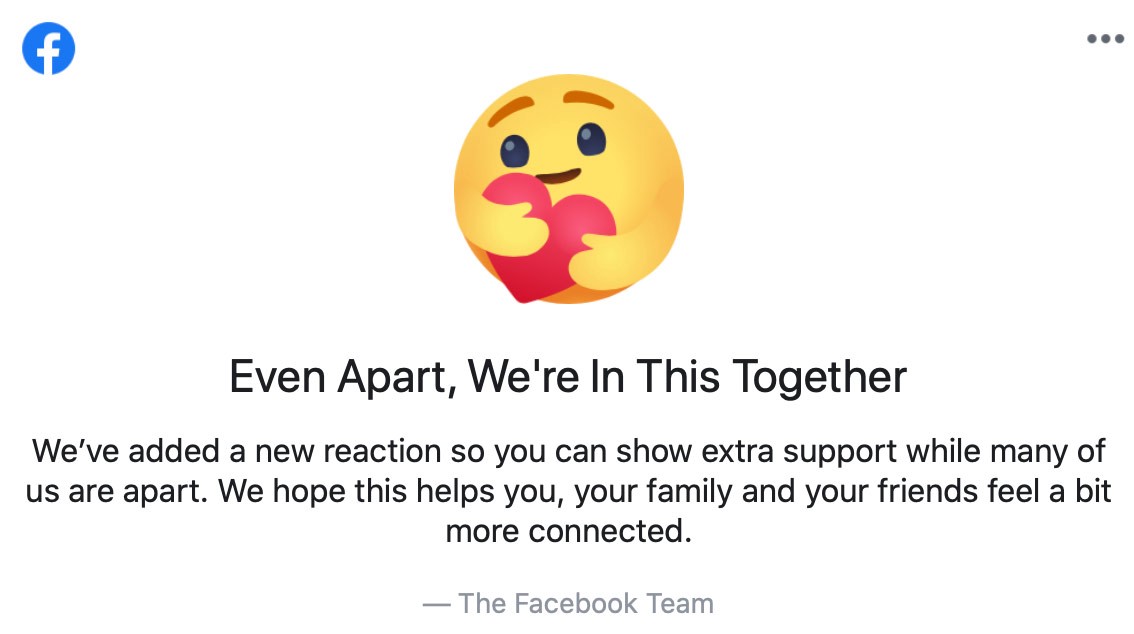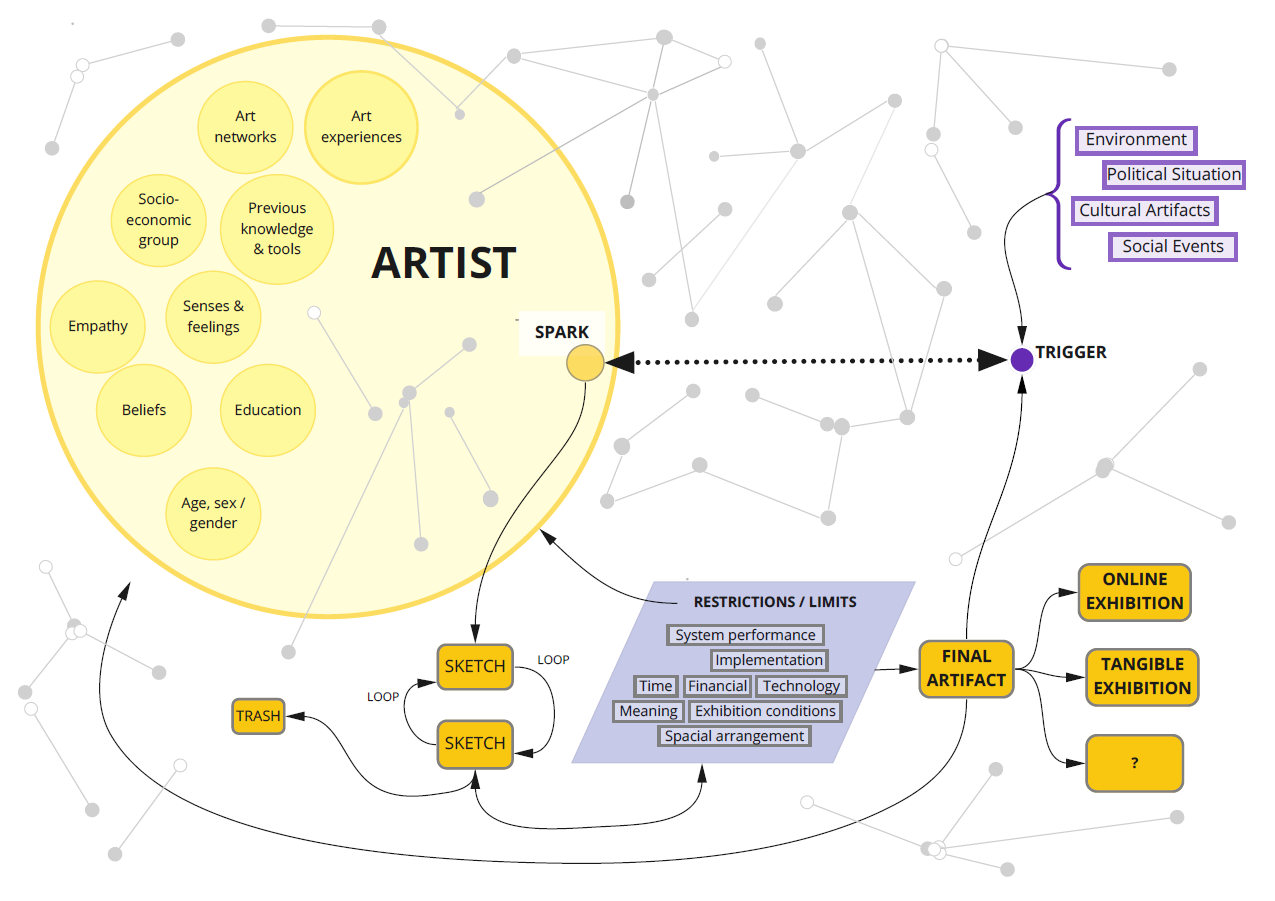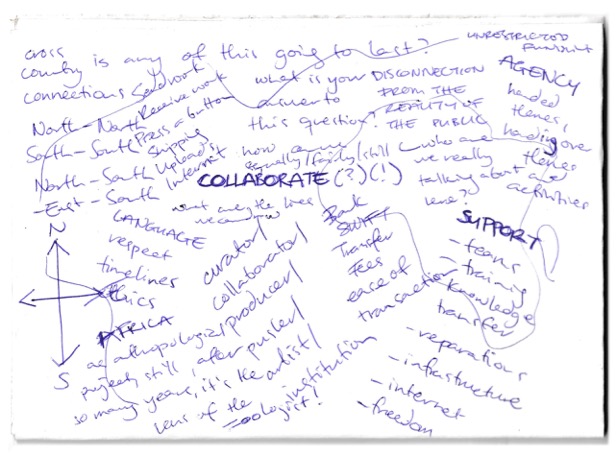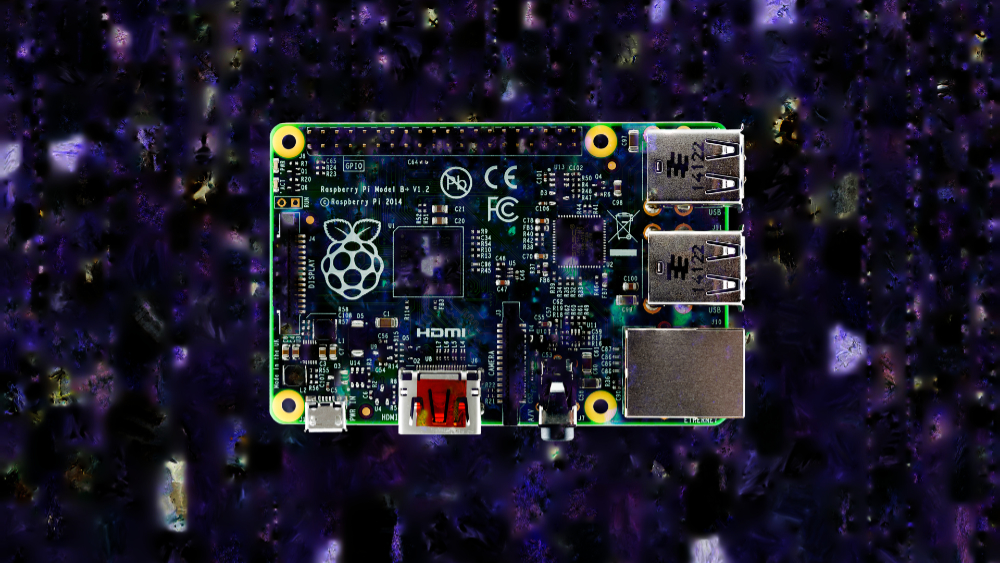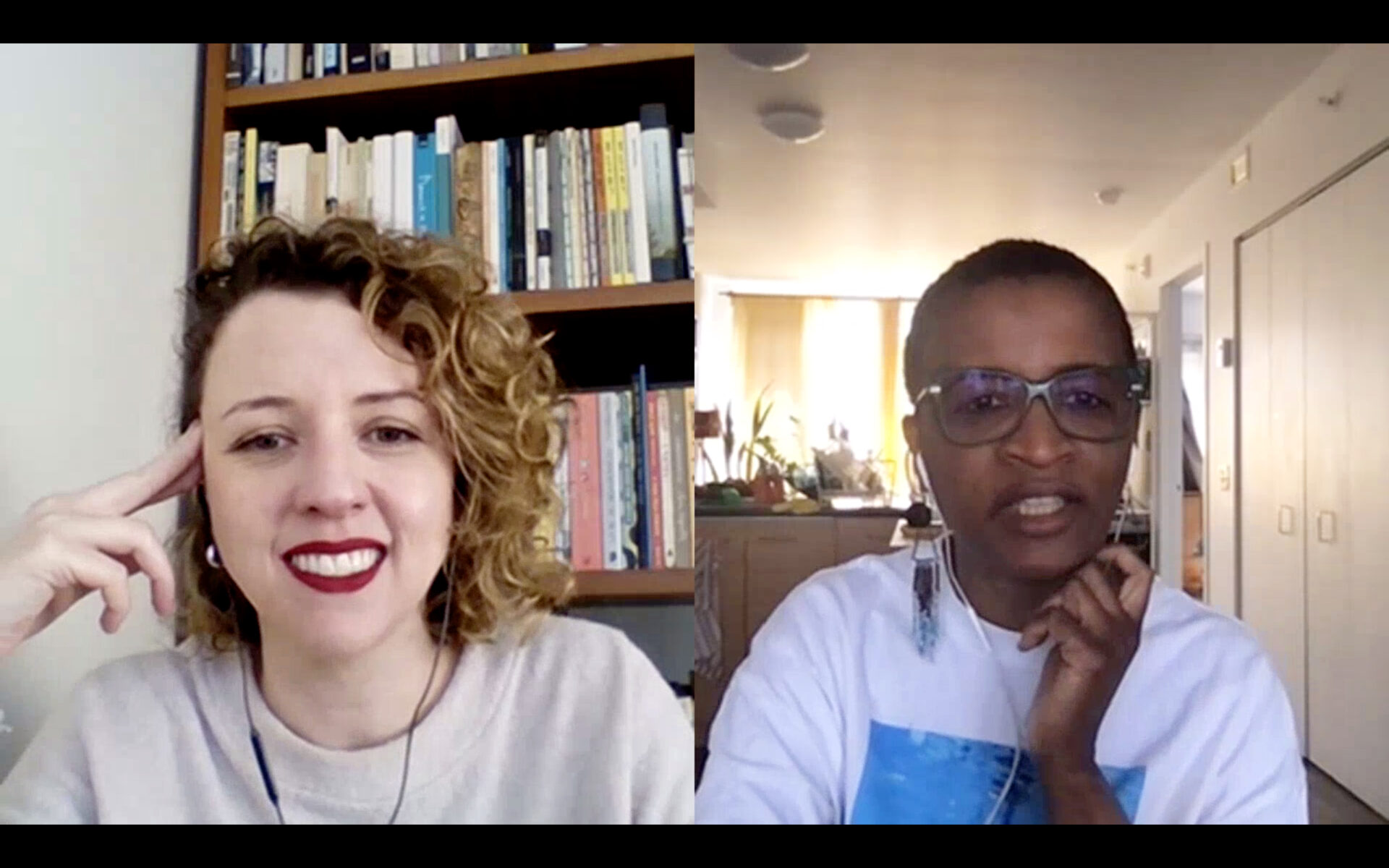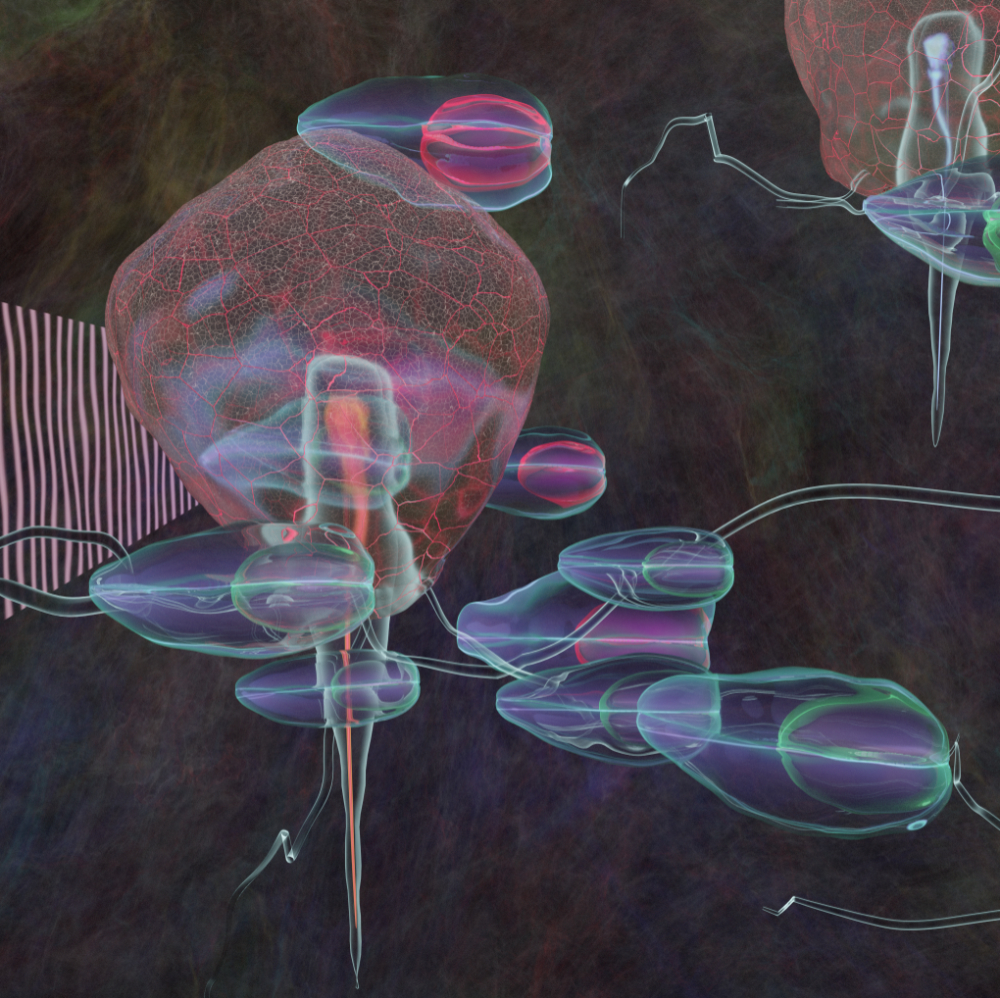This text is the result of interaction between two people located in different points of the globe: Brazil and Slovenia. It is not intended to be original. It is all about process. We met at the Molior symposium Rethinking Our Futures: Art and Collaboration, which was organized through meetings and workshops. We had a chance to meet with curators and cultural workers from all over the world and we engaged with each other on different themes, concerning art, technology and collaboration, particularly within the digital sphere.
As a response to our experience of the symposium, we decided to experiment a bit on the meaning and our means of collaboration despite the fact that we don’t know each other. This text is a result of a larger process that consisted of our meetings and a discussion session with Doris’ students. A starting point of our discussion was the Marjetica Potrč’s text New Territories in Acre and Why They Matter, written back in 2008 for e-flux journal. The work described in the text was presented at the Sao Paulo Biennial. The text is related to a previous Brazilian context, but for us, it was relevant for the pedagogical aspect, as well as for the importance of community as an agent that can improve society. Even though it talks about indigenous knowledge that the Acre community provided, it also addresses their usage of high technologies on their own terms.
The text leaves Brazilians with a sad feeling about a better and utopian past that now has completely changed. In the meeting with students, we asked them to share their thoughts about the text and to make short stories from a non-human point of view––inspired by the text and the discussion. They engaged with the proposals and it looks like they enjoyed the process, even with all the difficulties in communicating in English, in which most of them have no fluency.
We felt that the meeting with the students was an opportunity to get more input on our idea of online collaboration and to expand our thoughts about it. The interaction in class allowed us to visit another context but, of course, it revealed other kinds of problems. We can’t share a physical space, only a screen. Still, it allows us to be together, at the same time and place, and this was an enriching experience.
Although, there is something that is still missing; the small talk, which is when the students have time alone together to talk among themselves. This space is missing now that they are living in different places, and most of them haven’t previously met. Things go on in a different mode when each one is at home. However, they have shown themselves open to experience, such as Diva Costa, who made a video in English on a poem she wrote during the session.
We could connect Diva Costa’s poem, titled The Gap Between with the idea of small talk, because small talk often functions as a space or gap between something very serious and dedicated. The space between becomes the small talk that doesn’t have a special point at all but is like a buffer, or whatever.
The Gap Between
In the gap between I live.
Yesterday I lived in a larger space.
But today I live in a gap between.
I found the space flying over the wind
and with birds sometimes.
It is hard nowadays, to find a space
where I can grow
The big ones helps me a lot
and also the rain.
Because it can break spaces
and I can live between.
And when I find a gap
I land there
And hope that the sun can enter.
My life is never alone
because I need to work with others to exist.
Even with a gap between.
By Diva Costa (link to video)
Thus, after this learning online meeting, can we understand it as a community? How are we together in this kind of online classroom, are we a kind of temporary learning community or are we not?
Temporary could be the key word here; it is not clear if it comes up as a community. We may see the result in the near future because some of these students only had online classes. The time to go to university and come back can work as a time of reflection or to sediment the ideas. This is lost too. But maybe it is lost in a good sense, we don’t know. The students had more time to study, or to prepare a home meal which is healthy.
The online setting for a collective can be seen as a designated space that allows for engagement in conversation and for expressing opinions as well as sharing ideas. However, each member of the temporary collective has different living conditions and this materiality interferes with online space. It adds some additional layers to the learning experience but it also invites recognition of other pedagogies. Perhaps the learning experience should not only be about the text or about the very focused discussions. There should be enough space for the interruption, for a break, for just being or breathing, and even for failure. For that reason, the gap between or metaphorical small talk that doesn’t need to be verbalized could be a crucial element of online pedagogies.

